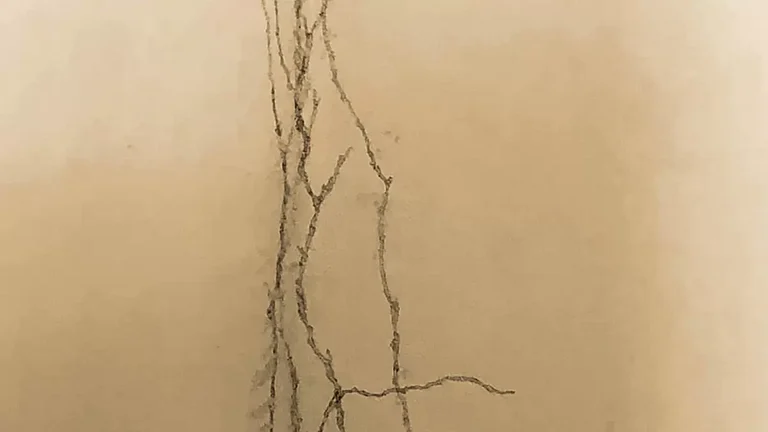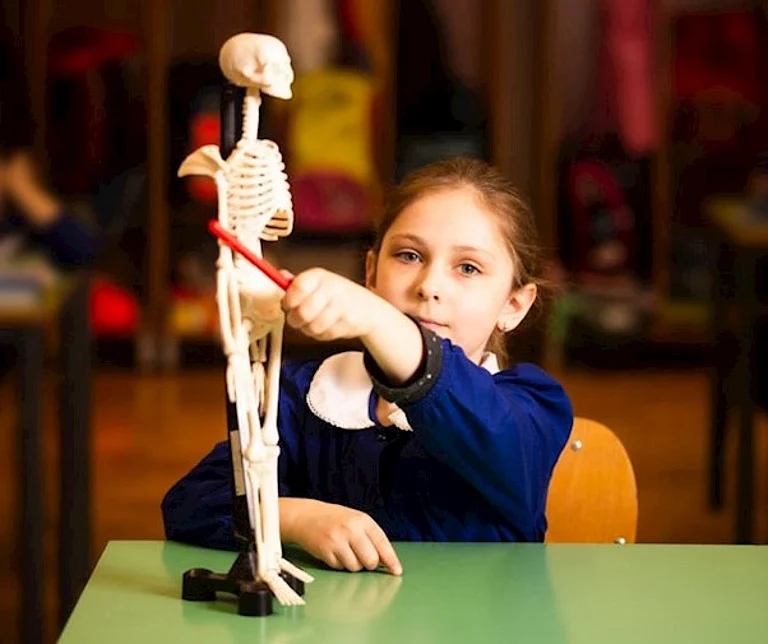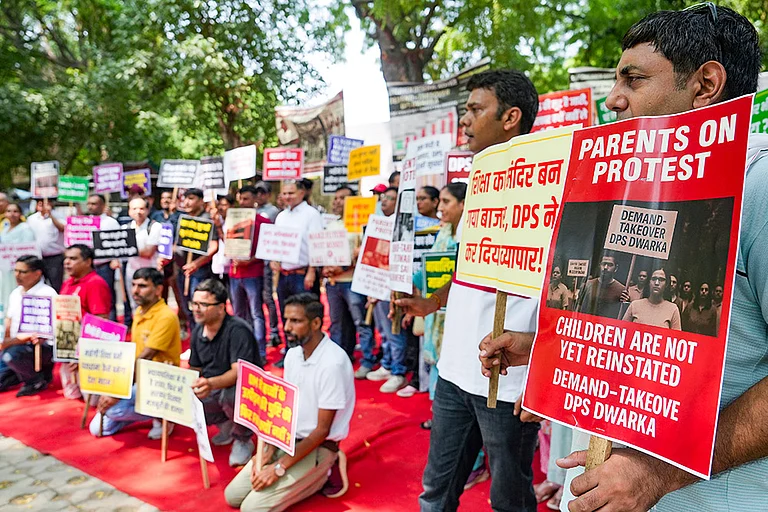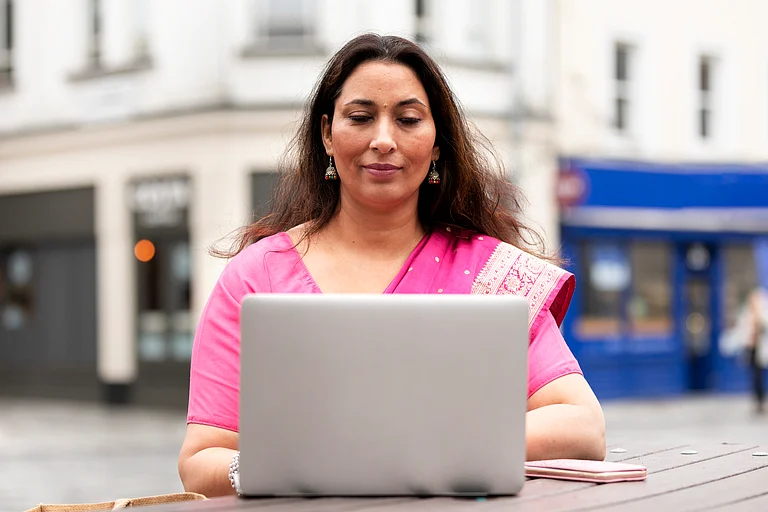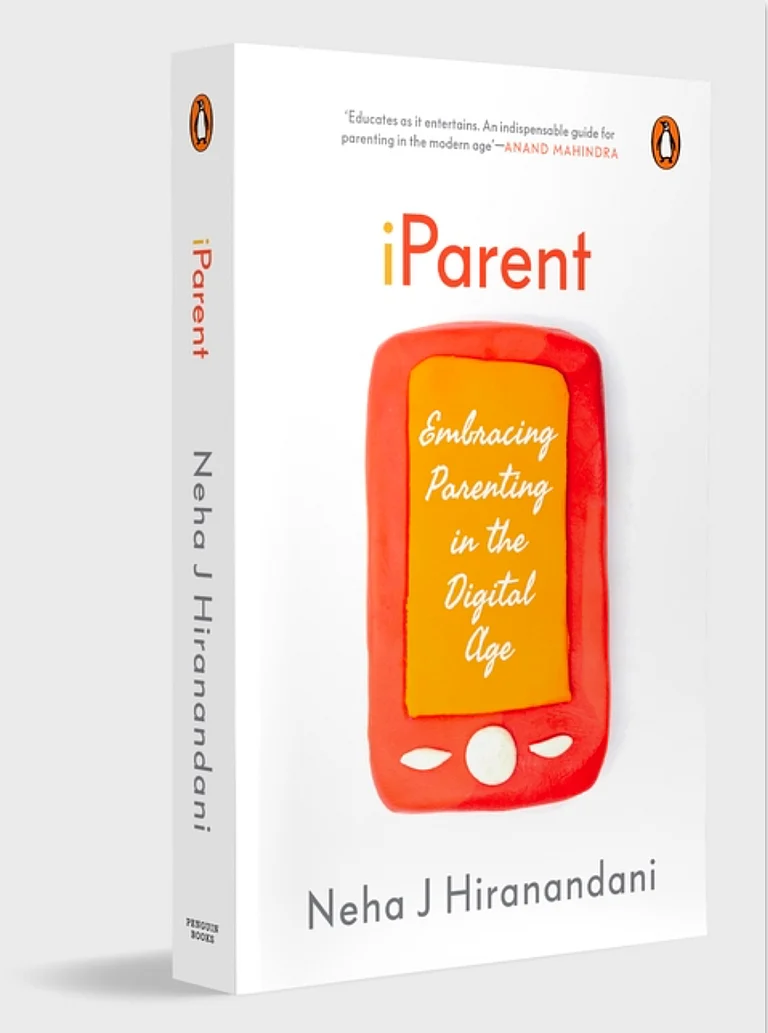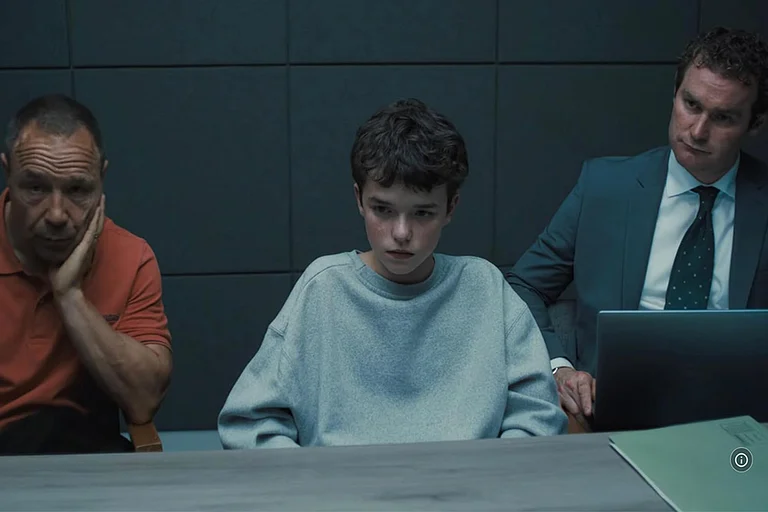Modern parenting could be burdened by overwhelming advice from social media, “experts,” and influencers, often leaving parents anxious, insecure, and second-guessing their instincts.
Despite the noise, today’s environment of parent education and dialogue may foster greater emotional intelligence in the next generation, making them more empathetic and well-adjusted adults.
Is Too Much Parenting Talk Getting In The Way Of Parenting?
Amid a deluge of expert voices on the internet, parents have a hard time relying on their instincts
I envy my mother every single day. She was born when ‘parenting’ wasn’t a thing, she grew up when it wasn’t a thing, she went on to raise me and my siblings when it wasn’t a thing either. (I think we turned out pretty okay). Sadly, by the time I had a child, ‘parenting’ was a thing, so now one had to not just raise a child, but also raise oneself in the process. And it’s a school that never lets you graduate. 16 years on, I still fumble, and I have to remind myself of Dr. Spock’s words: “Trust yourself; you know more than you think you do.” But one thing I have learnt is to always put my oxygen mask first before reaching out to help my child.
They say parenthood is the hardest job on the planet, and also one we are least trained or qualified for (at least with the first child). I don’t believe any of us is exempt from its stressful unpredictability, no matter what our credentials are. Everywhere you look, there are people who know more than you, and are telling you what you should be doing.
In an age of information overload, parents are bombarded every day with opinions on how best to raise our kids: from influencers or experts on the gram, fellow parents on Facebook groups, or just unsolicited opinions from well-meaning loved ones. ‘Read this’, or ‘listen to that’, or ‘do this workshop’, ‘take this course’, it is endless. I find it amusing how they all assume you have an unlimited supply of time, energy and patience to devote to parenting. Every day parenting is a sum total of several decisions on a daily basis: To praise or not to praise? To give choices or not? To use authority or not? Making these decisions requires a tremendous amount of physical and emotional work that often involves us holding a mirror to ourselves and our own childhoods.
If we were confused to start with, this is a sure formula for anxiety and overwhelm. Whatever happened to using our own intuition or talking to people we trusted? And yet, what works one time may not work the next.
Giving parenting advice on social media is now a business, and for thousands of influencers and content creators, the strategy is to make you feel insecure about your parenting so that you feel like you have to follow them or attend their workshop or read their book to be a good parent. It's almost predatory. Social media has conditioned us to believe that the more followers people have, the more qualified they are, and this is simply not true.
The term “parenting expert” is being thrown around these days as a way to legitimize the advice of everyone from writers to social media influencers to even trained, licensed clinicians themselves. But can there really be such a thing as a parenting expert?
Mansi Zaveri, Founder of Kidsstoppress, a leading platform for parenting related discovery says, “If someone calls themselves a parenting expert, my advice is, run!”
“Accepting that something is not my expertise is a big part of online responsibility. Very few people who have millions of followers get their messaging right. When you have those kinds of numbers, you have to be careful about what you say, because people take your word for it,” she adds.
The platform takes the stand that they are not experts, but they make an effort to bring the experts to you, so you are empowered to take a balanced view.
“Sure there are frameworks and guidelines that exist from say, a clinical psychologist’s point of view, because they are backed by data and facts,” says Zaveri. “And yet, a best-selling white psychologist’s book/perspective may not necessarily fit in with the Indian contextual framework of a nana-nani-dada-dadi reality.”
Linda Santos, a Mental Health Practitioner, also believes that there are “a lot of quacks” offering advice on health, parenting, nutrition, etc and “it all stealthily finds its way into our algorithm. One stray click and I will be feeding it, and soon reaching levels of overwhelm. When young parents listen to podcasts or watch parenting channels or experts, they realise that merely checking boxes on the list doesn’t give them the desired results.”
However, about parenting related content, she believes that “Whatever is the need of the hour - the market always provides. As long as it’s a qualified and verified resource, it’s fine. Because we are all strapped for resources at some level, and if we can find it out there, and it can make our life more navigable, there is nothing wrong with it.”
Parents often look out to repair and reenergize themselves – so in that sense, a Parenting Workshop is no different from, say a workshop on Diabetes, reminds Santos. “Today’s parents also struggle with work-life balance – there is a mechanical element to parenting, with the emotional bond being lost, because one is always strapped for time; devices don’t help either. We are in a time where we can provide a lot of conveniences to our kids – things that were not provided to us in our time. It’s like saying, ‘We struggled, so our kids should not’. But this in fact debilitates us as parents. In effect, the kids become more demanding,” she adds.
Parent Educator and co-founder of the organisation Parenting Matters, Kesang Menezes feels that it is never too late to train. “In no other field of work – including teaching, sales, medicine, factory work – do we resist training before we take on the job. Why then is there a resistance in learning how to parent, given that none of us come qualified for the job?”, she asks.
Such workshops also help us move away from a patriarchal, oppressive way of being (eg Boys don’t cry) so we don’t repeat patterns of our childhood. It’s about understanding ourselves so we can understand our kids better. It’s about opening channels of communication, so our kids feel honest and comfortable sharing.
But this is not just an elite phenomenon; parents across demographics really want to learn how to handle their children. Her organisation has been invited to conduct parenting workshops in municipal schools, such as the AMM School in North Chennai, in a project funded by the Hindujas - where they are training women to be parent educators. “The response was staggering. Almost 10-20% in this demographic were men who reached out to us and became part of our programs. That is a good sign,” adds Menezes.
Effath Yasmin, another parent educator who runs Nourish and Nurture, believes the inadequacy of parents in this journey and the need to repair cannot be stated enough. “Parents often arrive at workshops carrying guilt, shame, or self-doubt, thinking they should “already know” how to parent well. But the moment they realise that parenting is not about perfection, but about learning skills of acknowledgment, setting expectations and boundaries, empathy, and truthful communication, there is such visible relief. It surprises me every single time how quickly families transform when they recognise the need to learn rather than perform. What constantly surprises me is how parenting is assumed to be an instinct we are all born with, but in reality it is a learned skill. Just like any other skill, it requires authentic education, awareness, reflection, and practice,” says Effath.
True. What we assume as instinct can actually be a mix of blind beliefs, cultural bias, family norms, prejudices, or an unskilled parental approach. As we progress in our journey, we learn to cultivate an awareness and skills that help us filter what is truly instinctive and life-affirming from what is conditioned and potentially harmful.
Brene Brown, renowned professor, author, and speaker, once said, “I’m not a parenting expert. In fact, I’m not sure that I even believe in the idea of ‘parenting experts.’ I’m an engaged, imperfect parent and a passionate researcher. I’m an experienced mapmaker and a stumbling traveler.”
In the recent Netflix series Adolescence, Jamie’s parents were crushed that they knew so little about their child’s world. The path to knowing that is in listening and being curious, both of which are time-intensive things.
In the end, “However ridiculous this glut of information may look like, it will do some good in the long run,” Menezes says. The current generation is growing up far more emotionally intelligent and chances are, they will be more well–adjusted adults. To that end, parent education is a vehicle of social change, creating spaces where young people can share or talk and feel safe.
“In a sense, the world we live in is a product of bad parenting. Else there wouldn’t be war, hate, killing and bullying,” concludes Menezes.
